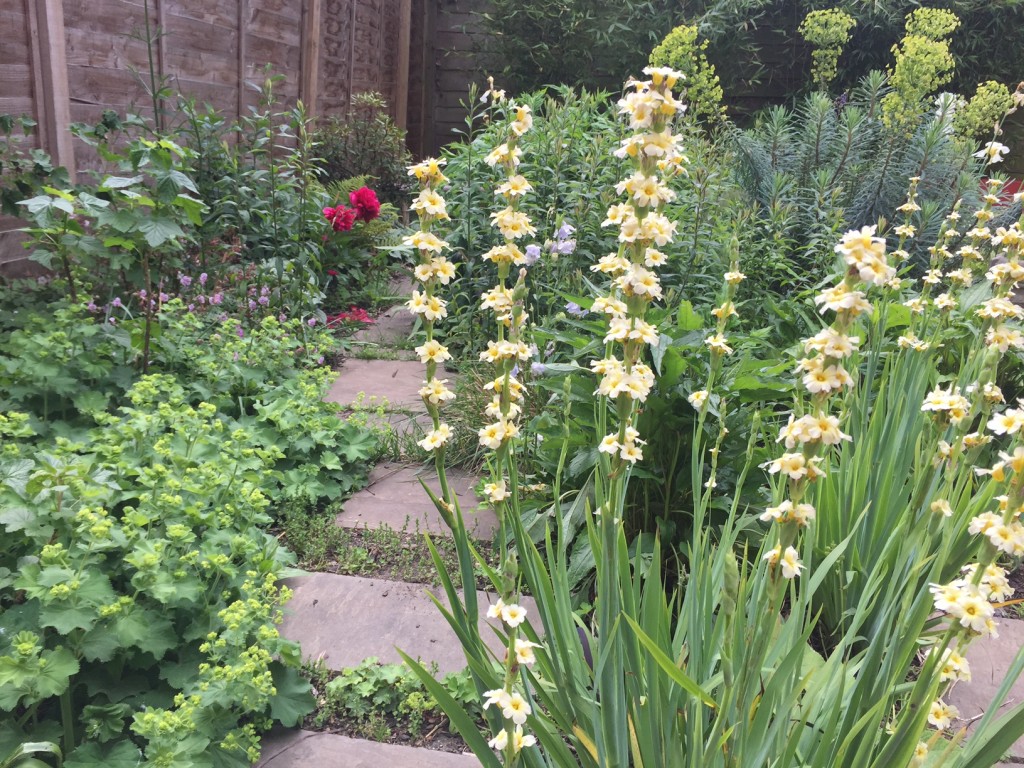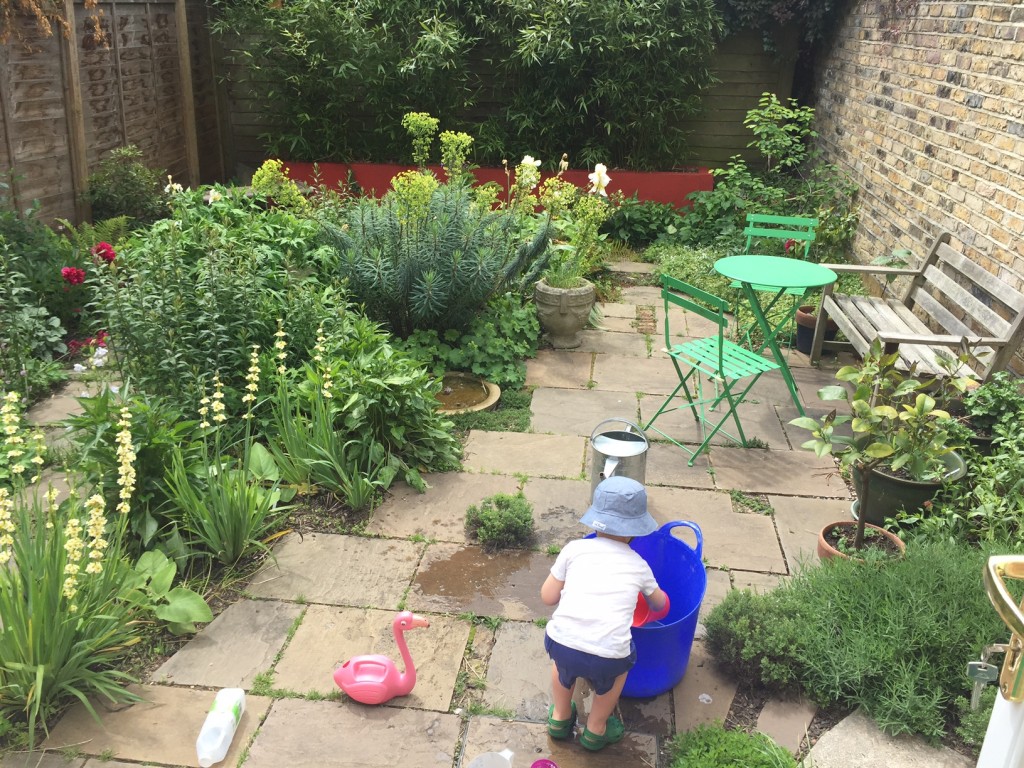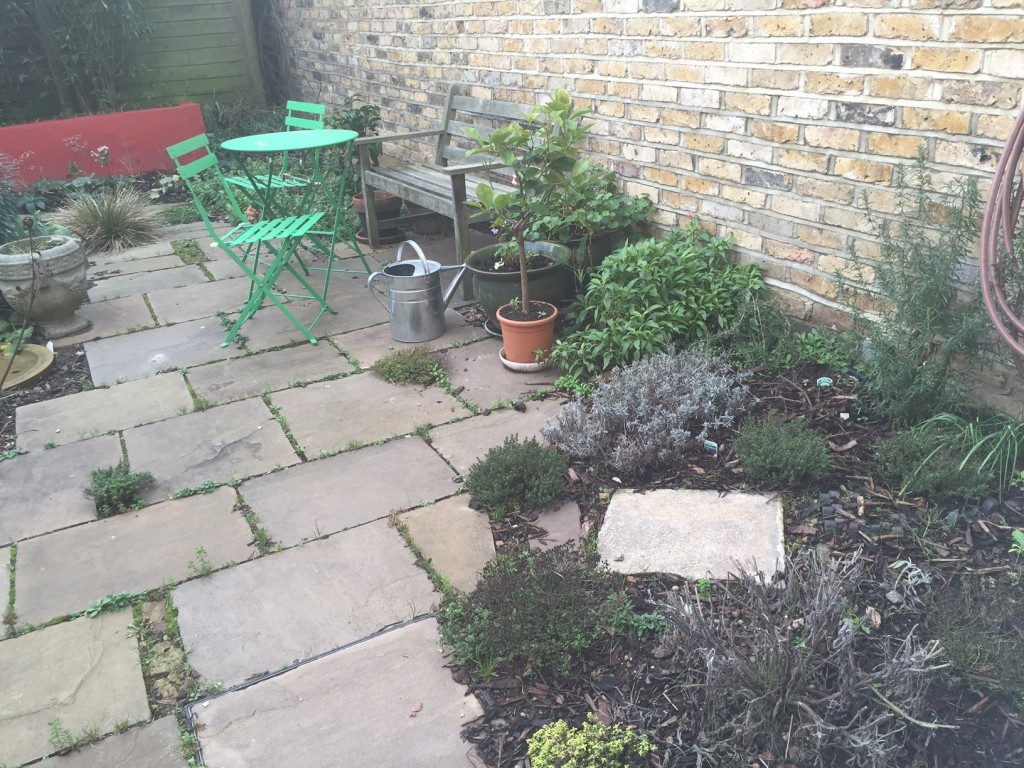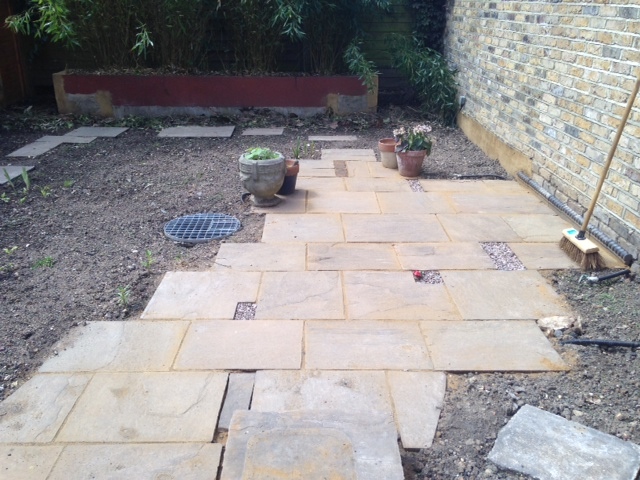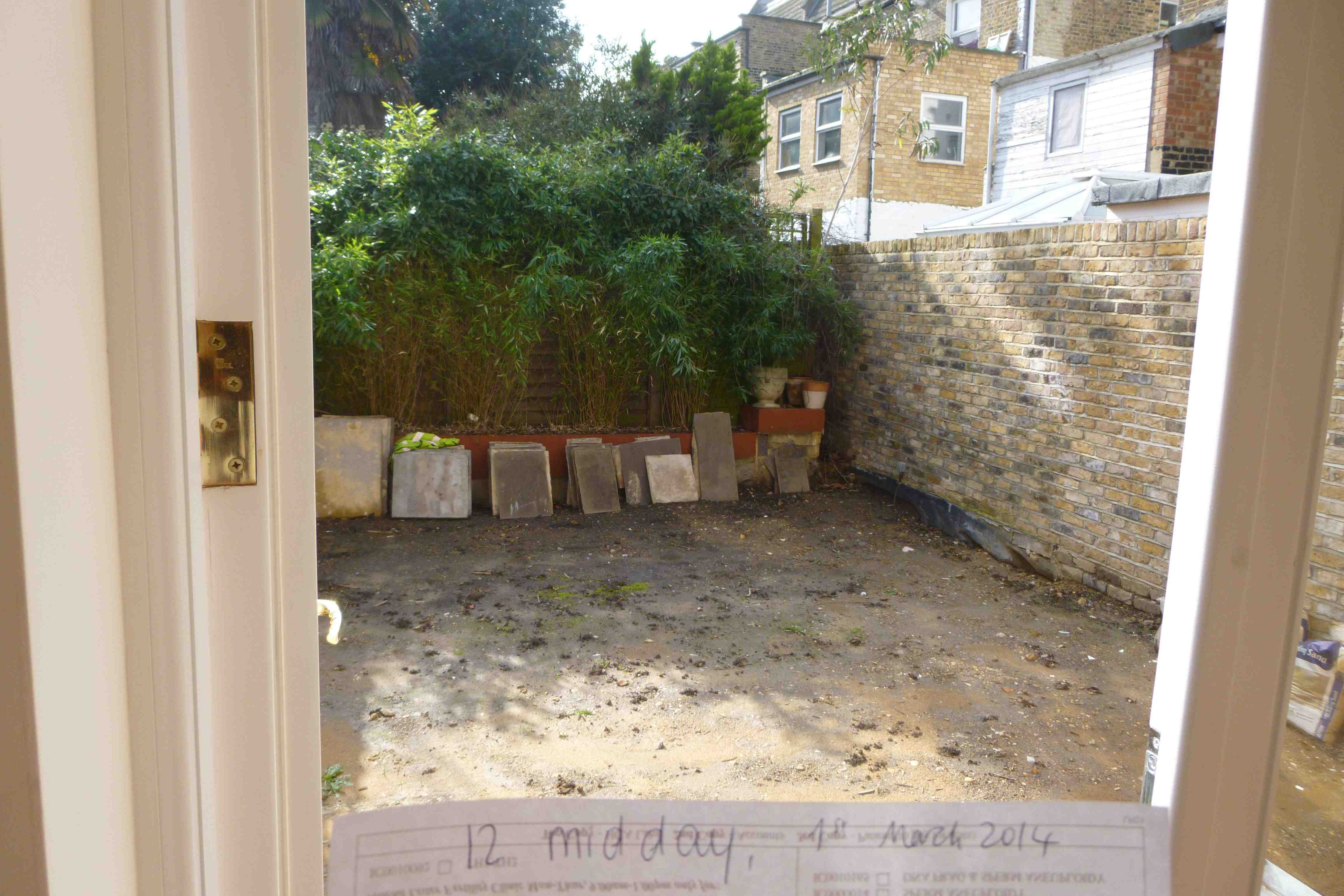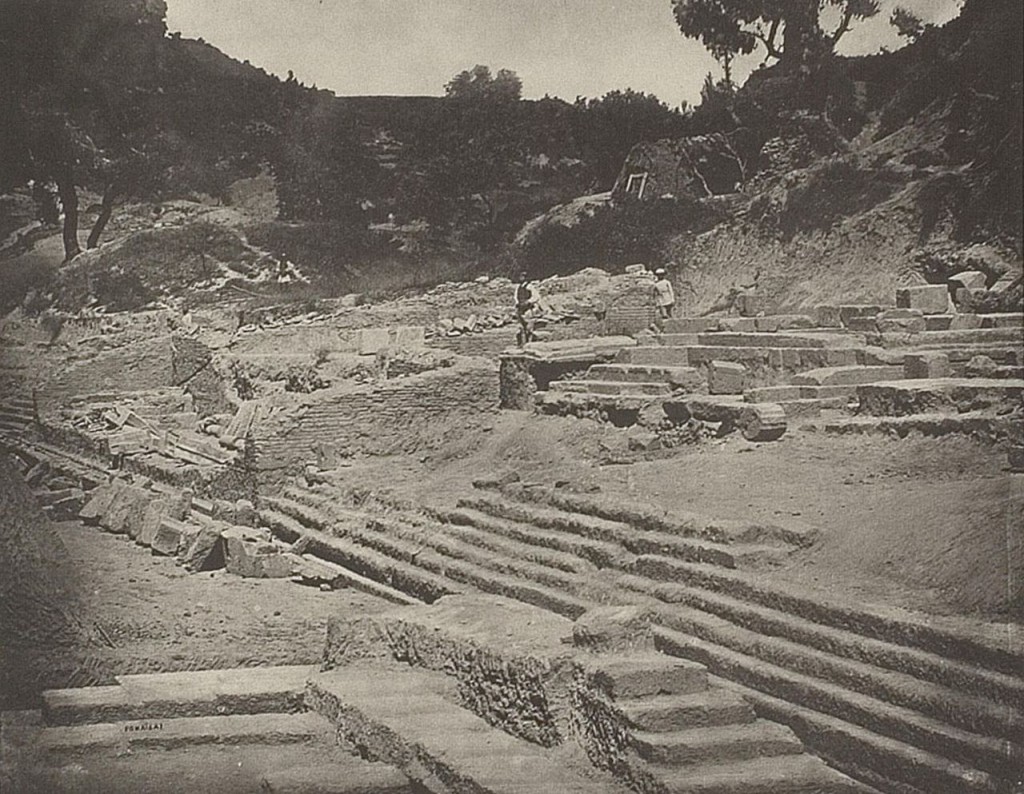London Hammersmith Garden (2014/2017)
“Um sich in einer wandelbaren, instabilen Welt zu orientieren, um das Schicksal zu meisten und es zu überlisten, muss die menschliche Intelligenz sich der Natur annehmen, sich ihre Formen überstülpen, sich selber verwandeln in unablässige Bewegung und Kehrtwenden, in Vielseitigkeit, Täuschung und Doppeldeutigkeit”.
“To orientate oneself in a world of change and instability, to master destiny by playfully outwitting it, our intelligence must somehow embrace nature, assume its forms and transform itself into incessant movement, polymorphy, deception and duplicity.”
(Frei nach Marcel DETIENNE et Jean-Pierre VERNANT : “Les ruses de l’intelligence – La mètis de des Grecs” Paris : Flammarion, 1974. p. 56.)
Sommer 2017. Das Gärtnern, wenn es denn gelingt, ist vielleicht in diesem Sinne durchaus etwas altgriechisches: ein Versuch, die Fülle, Schönheit und Kräfte der Natur mit List, Hinterhältigkeit und stetiger Veränderung und Anpassung einzufangen; denn die Natur als solche kontrollieren oder erobern kann man nicht.
Summer 2017. Gardening, when successful, might in this sense be considered an ancient greek pursuit. An attempt to capture – or trap – the abundance, beauty and forces of nature with sneaky ruses and practical cunning, and above all, by embracing constant change and adaptation; for nature as such cannot be controlled or conquered.
Sommer 2017. Wer einen besonders geraden Baum möchte, etwa für einen Schiffsmast, der muss viele Bäume dicht beieinander pflanzen. Im Wettrennen um das Licht, wachsen sie alle so schnell sie können nach oben. Von diesen Bäumen sucht man sich den geradesten aus, und schneidet alle anderen Weg.
Summer 2017. If you want to grow a particularly straight tree, for example to make a ship’s mast, you have to plant many trees close to each other. In their thirst for light, they will outcompete each other to grow upwards as fast and as straight as they can. Of these trees, you then select the straightest one, and cut away all the others.
Winter 2015/2016. Rosen blühen auch im Winter, wenn der Gärtner ihnen den ganzen Sommer über immer wieder das verblühte abschneidet, und so die Samenbildung unterdrückt.
Winter 2015/2016. If the gardner deadheads roses again and again throughout summer, they will desperately try to produce seed, and continue flowering right into winter.
Winter 2015/2016. Der Stein speichert die Wärme des Tages und gibt sie an die Kräuter ab; der Stein ist ihnen wie eine Sonne, die auch in der Nacht scheint.
Winter 2015/2016. Stone stores the day’s warmth and dispenses it to the herbs long after the sun has set; to them, stone is like a sun that shines by night.
Frühjahr 2014. Wie alles begann.
Spring 2014. How it all started.
“The idea of mastering nature with machines does not exist in antiquity. Technology isn’t seen as having any powers whatsoever to transform nature: at most, it is a trap in which nature finds itself ensnared. Greek rationality and the Logos is entierly orientated towards the transformation, or indeed domination not of nature, but of human beings. Thus, agricultural labour is still embedded within a religious vision, since it is based on an exchange between humans, nature, and the gods. ‘It isn’t an action upon nature, with the goal of transforming or adapting it to human ends. That would have been impious’ notes Jean-Pierre Vernant. Generally speaking, the ancient greeks weren’t so much guided by the feeling of transforming nature – rather, they were conforming to it. Thus ancient greek thought would have been hostile to any idea of open-ended, infinite progress, yet alone economic notions of productivity.”
(Freely translated from Pierre MUSSO: “La religion industrielle” Paris : Fayard, 2017. p. 130.)
Weitere Gartenbilder hier

